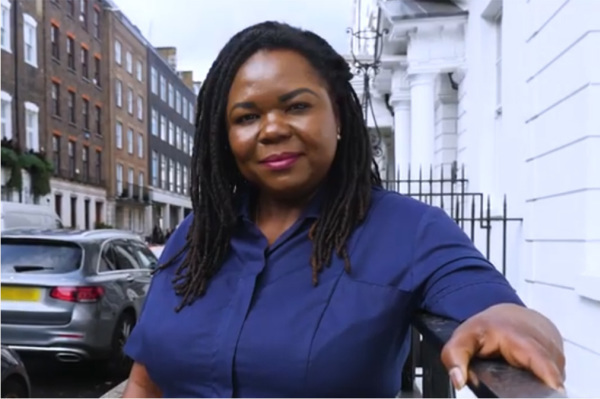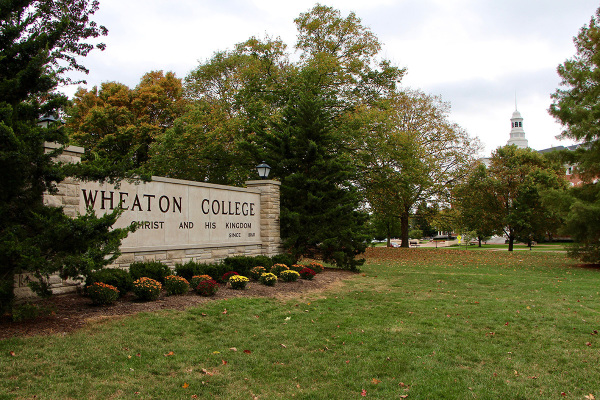Two Insights about the Millennials
The Millennial Generation fascinates me. Depending upon the years you frame the generation, it is the largest or nearly the largest generation in America's history. For example, if the birth years 1980 to 2000 are the parameters, the Millennials are larger than the Boomers. Perhaps it's their sheer size that fascinates me.
Or it could be that this new population wave includes my three sons who have birth dates of 1980, 1982, and 1985. I have seen some aspects of this generation up close since the generation began.
Still again, my fascination could be the result of my God-given desire to reach this generation with the gospel. And if our research is accurate, the American Church has done a woeful job of connecting with these young people. According to our research of older Millennials, those born between 1980 and 1991, only 17% attend church at least once a month. Please read that again carefully: only 17% attend church at least once a month.
Two Insights on the Millennials for the American Church
My son, Jess Rainer, and I are working on a book tentatively titled The Millennials. I have been pouring over our interviews with 1,200 older Millennials. Sometimes I get excited about the data. At other points I can get discouraged hearing about their beliefs and priorities.
Two particular pieces of data caught my attention as I reviewed the massive amount of data we have. Those insights seem to have particular relevance for churches that are looking to be more effective reaching this generation.
First, most Millennials, nearly ninety percent, say that their parents are key influencers in their lives. They seek advice and counsel from their parents often. Our churches need to hear this insight. Parents of unchurched and non-Christian Millennials need to know that their adult children really want to talk with them about all aspects of life, including spiritual matters. Our research indicates that many Christian parents of Millennials are reticent to talk to their sons and daughters about matters of faith and the absolute necessity of a personal relationship with Jesus Christ.
Indeed, some of the most potentially effective evangelists in our churches may be the most reticent to share the truth of the gospel with their own children.
Second, another highly influential group for the Millennials is their own friends. But how many churches are intentionally strategic about mobilizing Christian Millennials to reach out to their friends with whom they have good relationships? Again, we may have some of the most potentially effective evangelists on the sidelines.
It Can Work
My own church, Brentwood Baptist Church, is experiencing incredible growth in its Kairos worship service primarily attended by Millennials. The attendance for that single service quickly surpassed 1,000, and now a second Millennial service has been added.
How did it happen? Pastor Mike Glenn tells the full story in his recent book, In Real Time. But we can say that most of the growth has been experienced by word of mouth. One Millennial friend told another. Those friends were invited. They became followers of Christ and started telling others. It's both profound and simple.
A Challenge, An Opportunity
They are the most unreached generation in America's history. Their beliefs are largely post-Christian. Most of them are not antagonistic toward the Church. It may be worse; the Church is not even a factor in the lives of most Millennials.
Such news is gloomy. It is certainly pessimistic.
But it's not hopeless.
Like the early Church of the first three centuries, there are truly some clear paths for the Church today. Indeed, the best possible evangelists may actually be sitting in your worship services today.
Mobilize the Christian parents of Millennials. Equip them. Pray for them.
And do the same for Christian Millennials.
The number of Christians in this generation may be relatively small, but the possibilities are great.
God has turned the world upside down before with a few Christians.
We should have no doubt that He can do it again today.






















